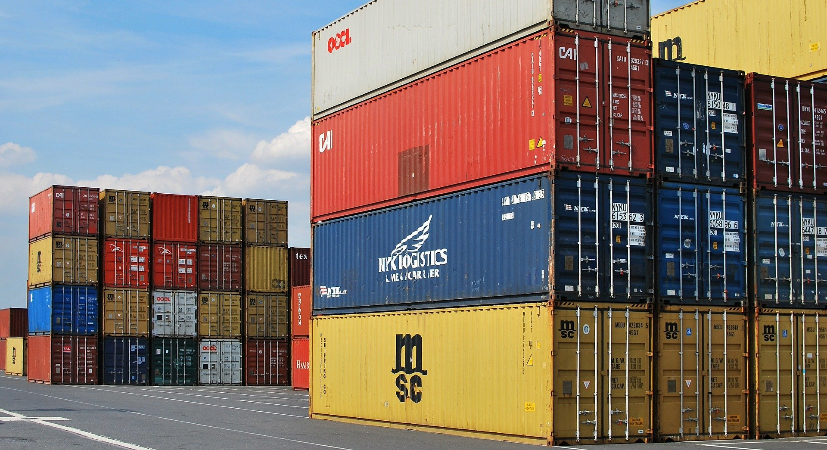
Critics of the proposed purchase of U.S. Steel (USS) by Japan-based Nippon Steel Corporation (NSC) have sunk to a new low, asserting the transaction would benefit China. Their allegations reek of desperation.
Specifically, a recent report by the strategic consulting firm Horizon Advisory discusses possible security threats resulting from NSC’s operations in China.
That report’s assertions are dubious. For example, it alleges: “Nippon’s integration in China’s steel sector means that the company, whether directly or indirectly, feeds into the [People's Republic of China’s (PRC)] shipbuilding, with it the naval buildup that the People’s Liberation Army draws on.”
Nippon responded that its primary joint venture in China manufactures automotive steel sheets. Even the data cited by critics indicate the company’s impact in China is minimal. According to statistics provided in the Horizon report, NSC facilities in China supply less than one-half of one percent of China’s steel.
It seems far-fetched to call the production of a tiny amount of automotive steel a boon to PRC shipbuilding.
The Horizon report adds: “Nippon can redeem only so much reward from the Japanese market. The Chinese market is the largest prize that remains.”
But the U.S. Trade Representative’s recent report on foreign trade barriers suggests otherwise. That report describes China’s steel market as one characterized by “massive excess capacity” and over-production. Not exactly an ideal environment for foreign expansion by NSC.
Like companies ranging from Apple to Tesla, Nippon Steel maintains a global presence, including in China. Nearly half of NSC’s production capacity is located in countries other than Japan. Ninety percent of its offshore production takes place in countries other than China.
One upshot of the Horizon report is that it has forced critics of the deal to implicitly acknowledge the economic and security benefits provided by NSC investment, in contrast to statements like those from President Biden suggesting steel companies should be domestically owned.
It is inconsistent for critics to simultaneously allege that when NSC invests in China and other countries it makes them stronger, but similar investments in the United States would somehow make us weaker.
The Horizon report suggests NSC’s relatively small amount of business in China will be used to leverage efforts to undermine the U.S. industrial base. The opposite is more likely to be true. If NSC’s purchase of U.S. Steel is approved, the company will gain an annual raw steelmaking capability of 22.4 million net tons in the United States. That far outweighs NSC’s 3.6 million tons per year of production capacity in China.
More generally, when foreign companies invest in the United States, they become part of the U.S. industrial base. Their success depends on the ongoing success of the U.S. economy. That’s one reason longstanding U.S. policy has been to encourage mutually beneficial foreign investment in the U.S. economy.
The benefits of this approach are not just economic. As the House Select Committee on the Chinese Communist Party suggested: “By fostering stronger integration among allied economies … the United States and its allies can collectively boost their economic resilience and reduce their vulnerability to the PRC’s predatory economic practices.”
Bypassing U.S. investment laws to block the U.S. Steel acquisition would benefit China.
The proposed NSC acquisition of U.S. Steel should be subject to a national security review by the Committee on Foreign Investment in the United States (CFIUS). The CFIUS review process is designed to review potential security risks in a fact-based manner.
It would be a mistake to subvert that process in order to score political points. Such a result would play into the hands of Communist China by needlessly antagonizing one of our closest allies.

